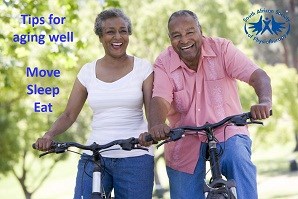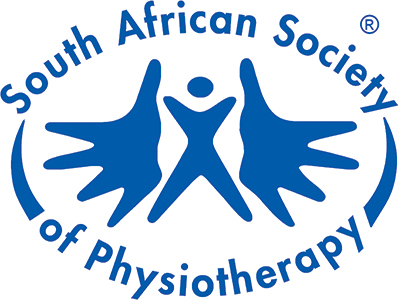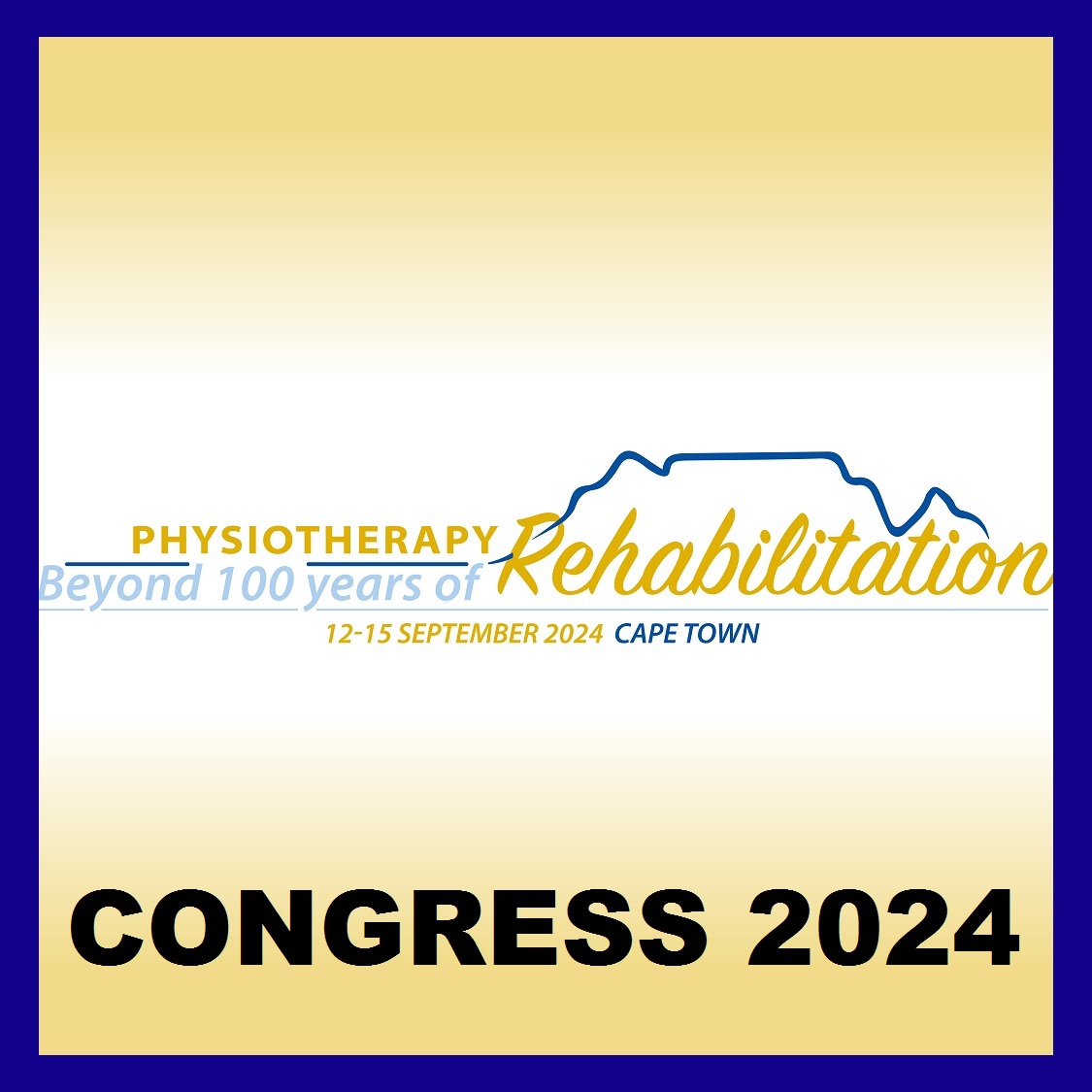
Who wants to live forever? If it means yachting round the world, like those super-healthy specimens in adverts aimed at older people, sure; but the truth is, for many people, aging comes hand in hand with musculoskeletal discomfort, pain and even disability. Age can mean:
• Stiffer, less flexible joints
• Loss of muscle mass
• Extra body fat
• Loss of bone density
• Loss of co-ordination and balance.
While some change is inherent in the aging process, it does not have to become debilitating. Many people take sensible steps to avoid physical losses and disability as they age:
• Move: walk for 30 times 4
Get into the habit of walking for 30 minutes a day three to four times a week. Not only does this maintain muscle mass, it also keeps your sense of balance in trim and that will stand you in good stead through the latter part of life. On top of that you improve your cardio-vascular fitness and maintain your bone health against osteoporosis. Regular moderate exercise is also great for fighting mild depression.
• Move: resistance training 2-3 times a week
If you want to retain flexibility– the range of motion of your joints, as physiotherapists call it – then it’s a good idea to do a little resistance training two to three times a week. It will also maintain your muscle strength. Many people think of resistance training as working with weights, but it can also mean working with bands that are elastic, or even using your own body weight to work against – your physiotherapist can give you advice on how best to do it.
• Move: squeeze 3 times 3 times 3
One of the most important sets of muscles in your body is also the most ignored: the pelvic floor. It’s this muscle that helps you hold or release urine – and not having full control is a problem for many as we age. Ask your physiotherapist to help you identify the correct contraction (not always easy!) and make a habit of squeezing that set of muscles for three seconds and then release for three seconds, three times. Do this three times a day, and you can start building up over the weeks until your pelvic floor muscle is in great condition.
• Move: balance on one leg several times per day for 10 seconds
The most important exercise to prevent falls is to improve your body reaction and sense of balance. Stand on one leg between two chairbacks, to catch hold of if you lose your balance. Then start doing it with eyes closed.
• Sleep: 7-8 hours
We’ve developed this idea that older people need less sleep, but it’s a myth. A good night’s sleep is associated with good physical and mental health throughout life. In fact, it’s been shown that older people who get seven to eight hours sleep at night have better memories and are less at risk of a decline in mental acuity and health. Practise good sleep hygiene (don’t watch TV or use your laptops in the bedroom, have good blackout curtains, keep intrusive lights and sounds out and the like) and try to get somewhere between seven and nine hours, not much less and not much more.
• Eat: the rainbow!
As you age, your body is less able to take in and metabolise micronutrients, so aim to make your plate as colourful as possible. You want everything from the dark green leafy vegetables (high in dietary fibre and rich in folic acid, vitamin C, potassium and magnesium, and phytochemicals like beta-carotene) to red tomatoes with cancer-protecting lycopene and brightly coloured carrots, beetroot (proven to help with stamina and blood pressure) and fruits.
Your physiotherapist can give you advice on exercises tailor-made for you, to strengthen bones, ward of loss of bone density and ensure you maintain the physical strength and flexibility that is the foundation of all mental and physical wellbeing.
#No-one must fall
One of the areas your physiotherapist can assist with is preventing falls. Loss of balance and co-ordination is fairly common among older people. This can be a serious threat to health when a person has diminished bone density and strength: they risk breaking bones when they fall, and being unable to get up after a fall. Some simple tips to avoid falls:
• Check your home for trip-hazards, like trailing electrical cables, carpet corners that lift, and uneven floors or tiles, and remove them or cover them.
• Shiny tiles are pretty but can pose a danger to older people. Go for tiles with a bit of grip to them.
• Make it a habit to mop up any spills immediately.
• Avoid wearing trailing clothing which can twist and trip you up.
• Choose well-fitted sturdy shoes with non-slip soles.
For more advice, talk to your physiotherapist, or contact the South African Society of Physiotherapy on (011) 615 3170 or www.saphysio.co.za







